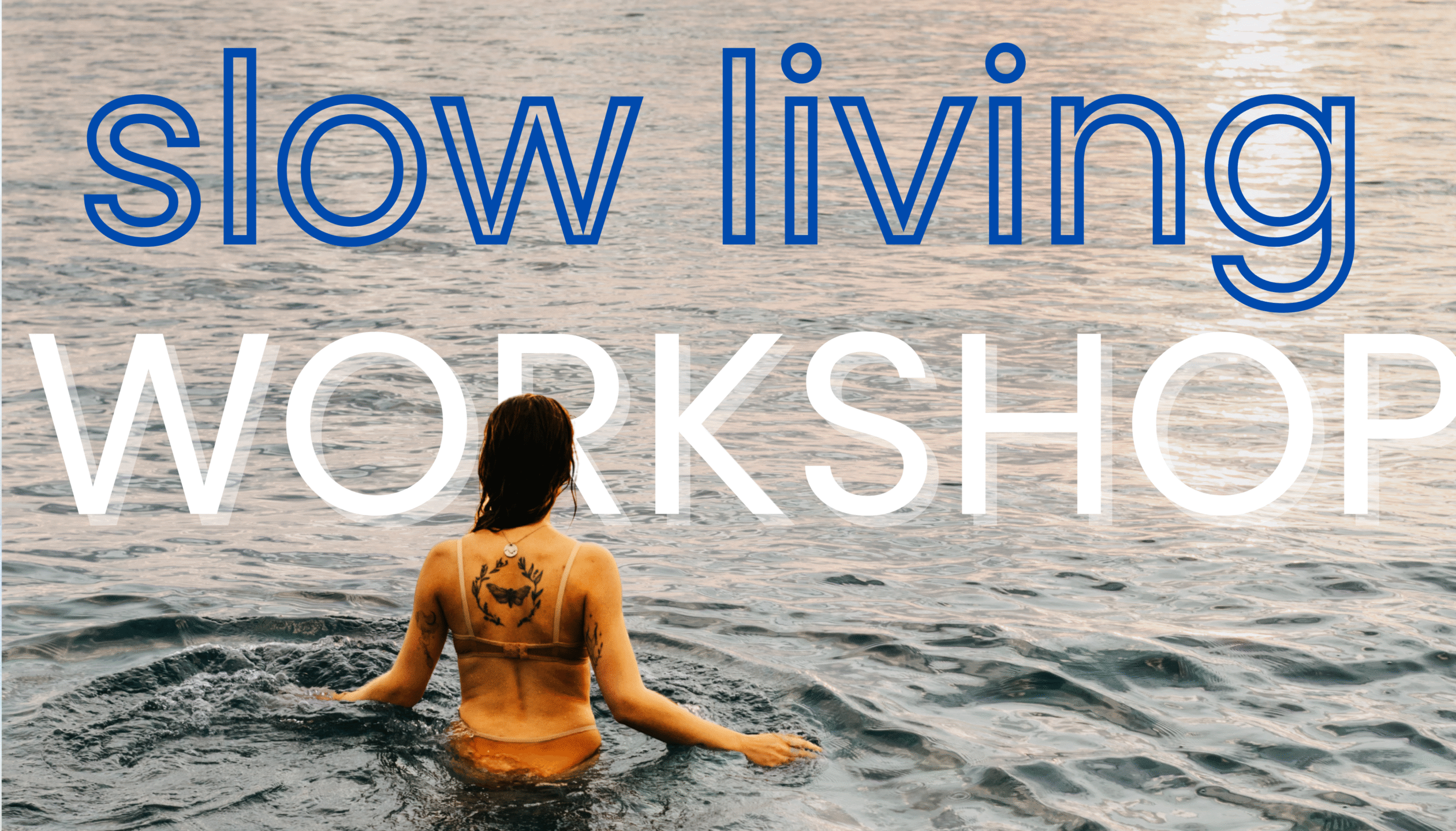
Ready to take the plunge? To step out of the noise and into a rhythm that feels like yours.
Welcome, dear reader, to a journey of self-discovery and love—one deep ocean breath at a time. This is your guide to finding self-love through slow living. From Music Therapy to mindful eating, from invigorating workouts to self-care routines—there’s a myriad of ways to practice slow living and they’re all here, waiting for you to explore. So, are you ready to take the plunge?

Pause, Breathe, Be Inspired
Before the slow living workshop or slow living ritual survey below, take a quiet moment — with quotes from remarkable voices in simplicity, self-love, and living well
When we simplify, we create space. When we create space, we can slow down. And when we slow down, we can see.
Brooke McAlary founder of the Slow Home Podcast and author of Slow: Simple Living for a Frantic World.Self-compassion is simply giving the same kindness to ourselves that we would give to others.
Dr. Alice Boyes former clinical psychologist and author of The Healthy Mind Toolkit.With self-compassion, we give ourselves the same kindness and care we'd give to a good friend.
Kristin Neff a pioneer in the field of self-compassion research and author of Self-Compassion: The Proven Power of Being Kind to Yourself.One of the better guarantors of ending up in a good relationship: an advanced capacity to be alone.
Alain de Botton Swiss-British philosopher and author of The Course of Love.I've never seen any life transformation that didn't begin with the person in question finally getting tired of their own nonsense.
Elizabeth Gilbert bestselling author of Eat, Pray, Love.Vulnerability is not winning or losing; it's having the courage to show up and be seen when we have no control over the outcome.
Brene Brown research professor at the University of Houston and author of Daring Greatly.The practice of mindfulness helps us to touch Mother Earth inside of the body and this practice can help heal ourselves and heal the Earth.
Thich Nhat Hanh renowned Zen master and author of Peace Is Every Step.
Which Slow Living Ritual Is Right For You?
Answer a few quick questions to discover your ideal self-care practice.
Your Ideal Slow Living Ritual:
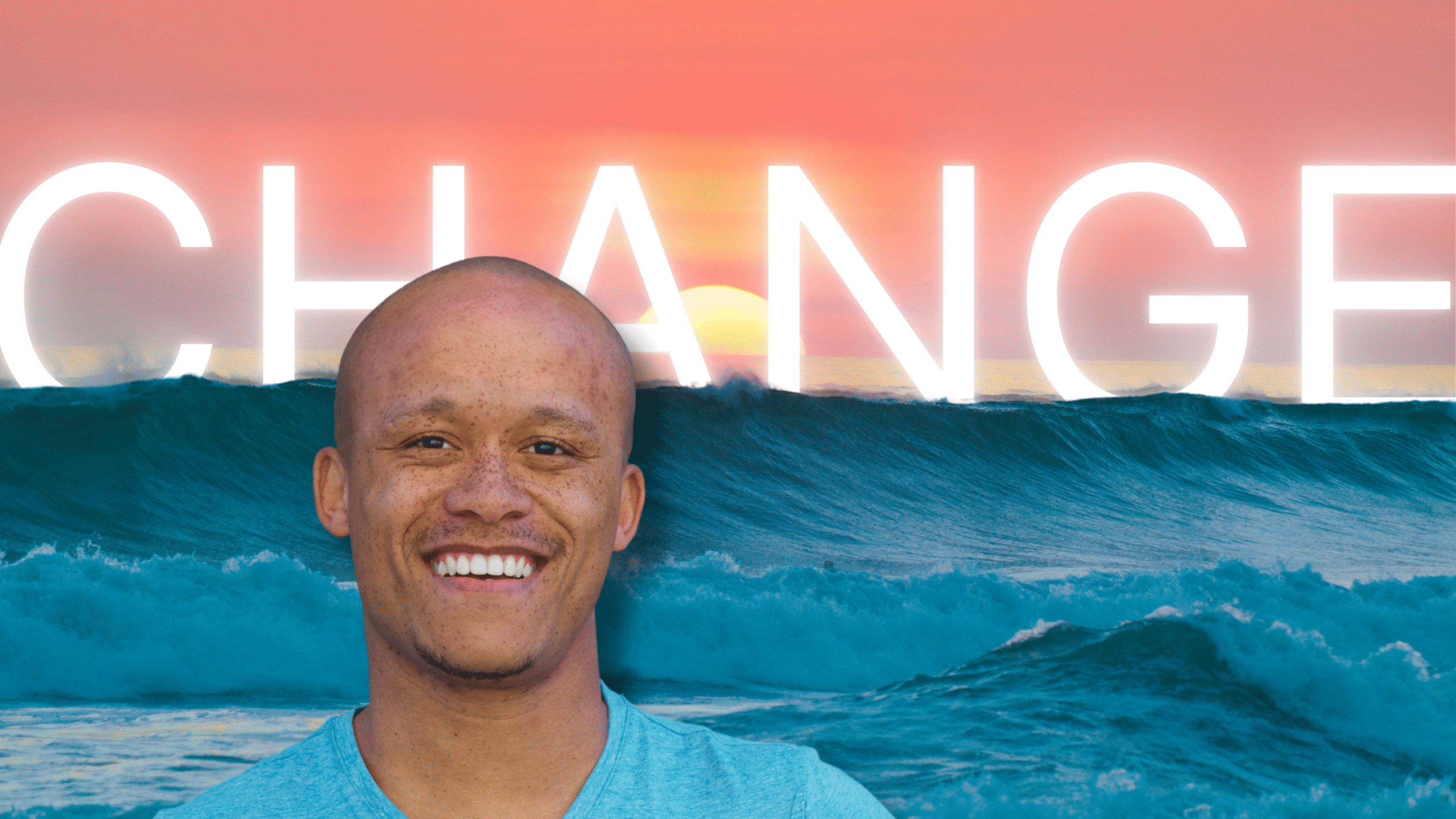
Learn to Embrace Change with a Smile: A Lesson from Nat's Journey
What if we could learn to accept change with humor, a smile, and a sense of adventure? That’s exactly what Nat teaches us in her journey.
Change can be scary, can’t it? It’s unpredictable, it’s uncontrollable, and it often pushes us out of our comfort zones. But what if we could learn to accept change with humor, with a smile, and with a sense of adventure? That’s exactly what Nat teaches us in her journey.
In our book, we see Nat facing numerous changes, both big and small. And while she doesn’t always handle them perfectly (who does?), she always manages to find humor in the situation. She teaches us that it’s okay to not have all the answers, to not always be in control.
– It’s okay to stumble and fall, as long as you can laugh at yourself and get back up.
– It’s okay to be unsure, as long as you keep moving forward.
– It’s okay to make mistakes, as long as you learn from them.
Through Nat’s journey, you’ll learn to see change not as a terrifying monster, but as an opportunity for growth and self-discovery. You’ll learn to embrace the uncertainty, to laugh at the chaos, and to find joy in the journey. And in doing so, you’ll find a deeper love for yourself.
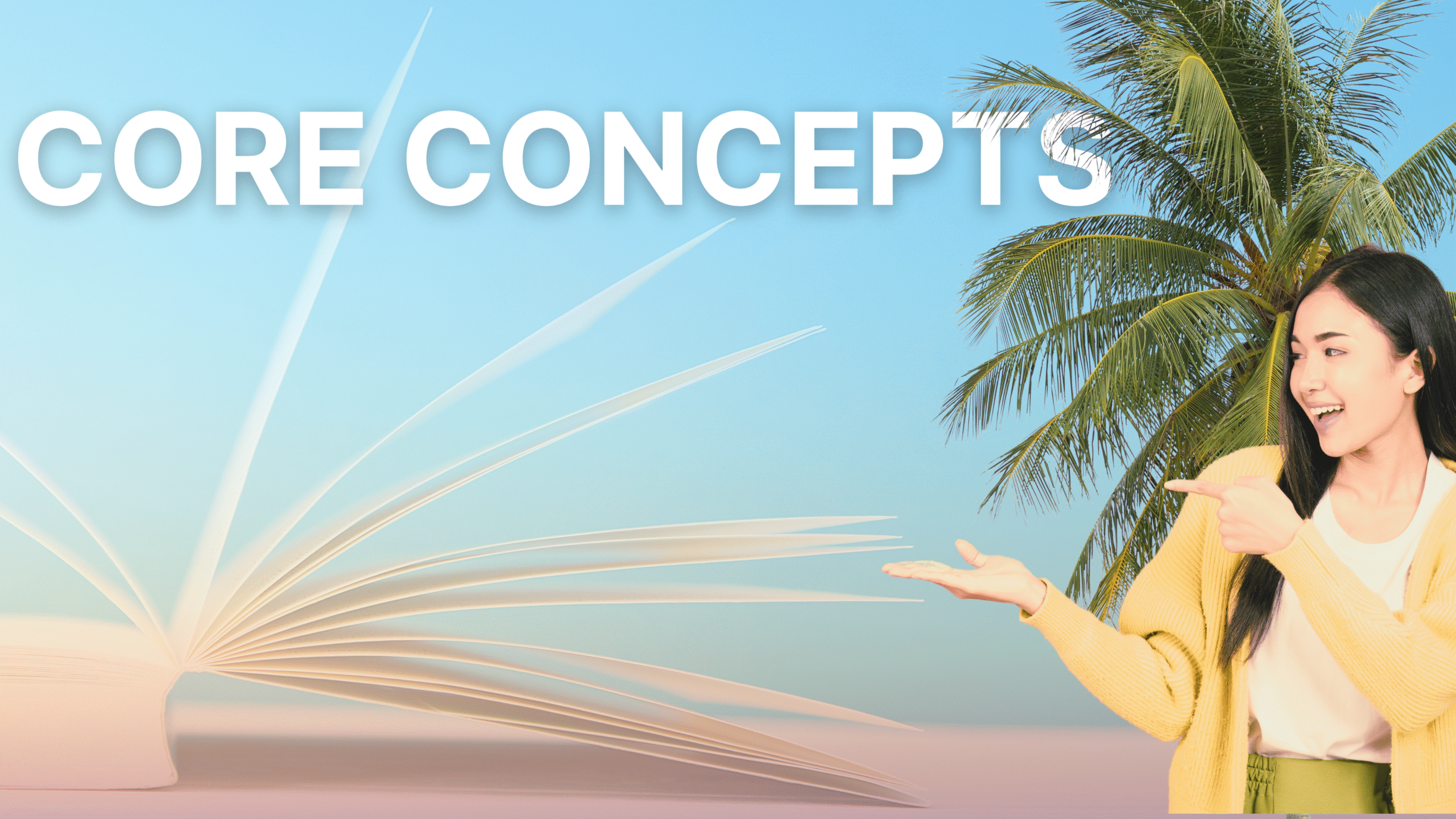
What do slow living, music therapy, and other grounding practices really mean? Let’s define them together.
What do slow living, music therapy, and other grounding practices really mean? Let’s define them together.
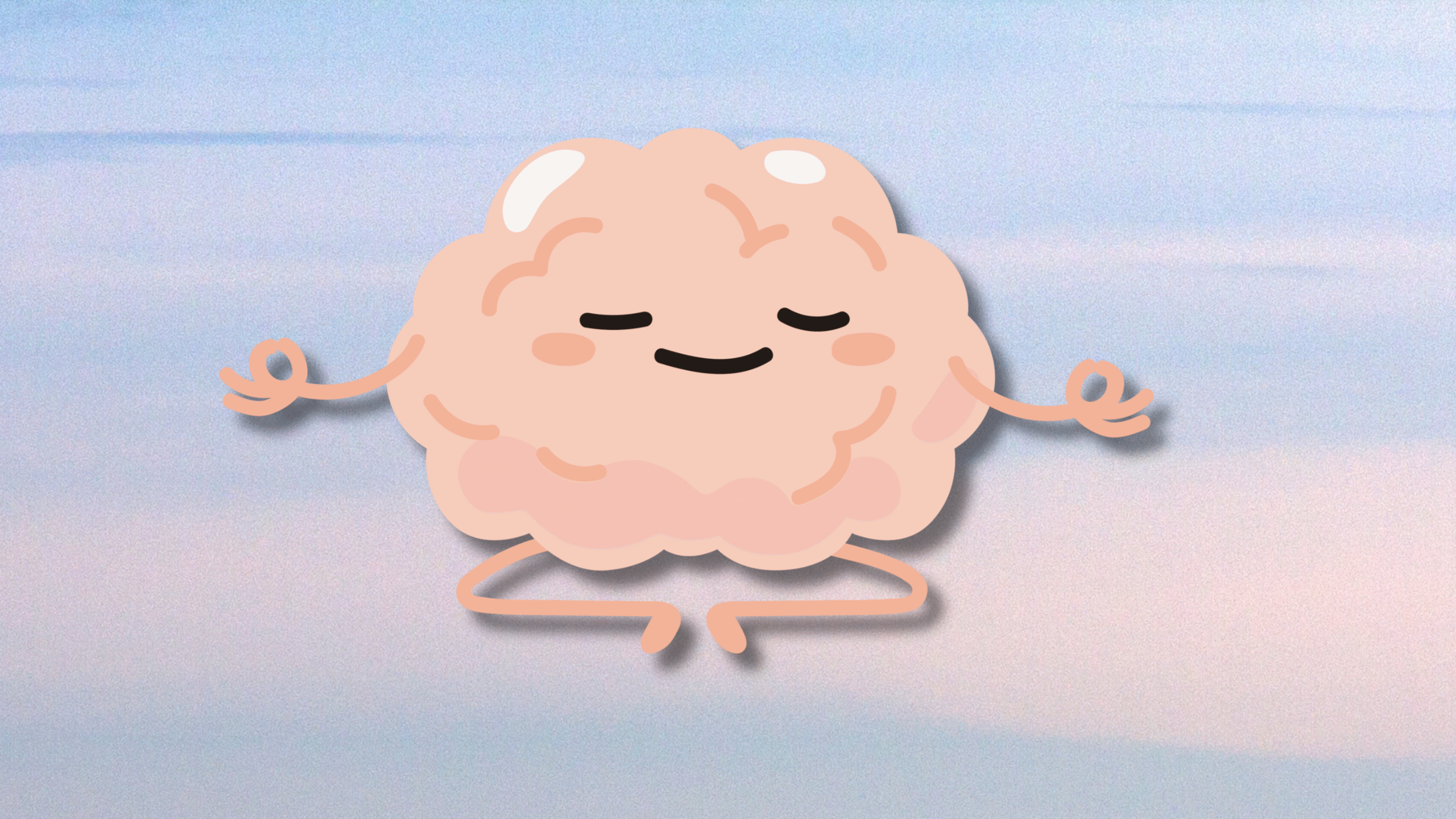
slow living
An approach to life that emphasizes slower approaches and pace. It is about making conscious choices to live a more balanced and fulfilling life by focusing on quality over quantity.
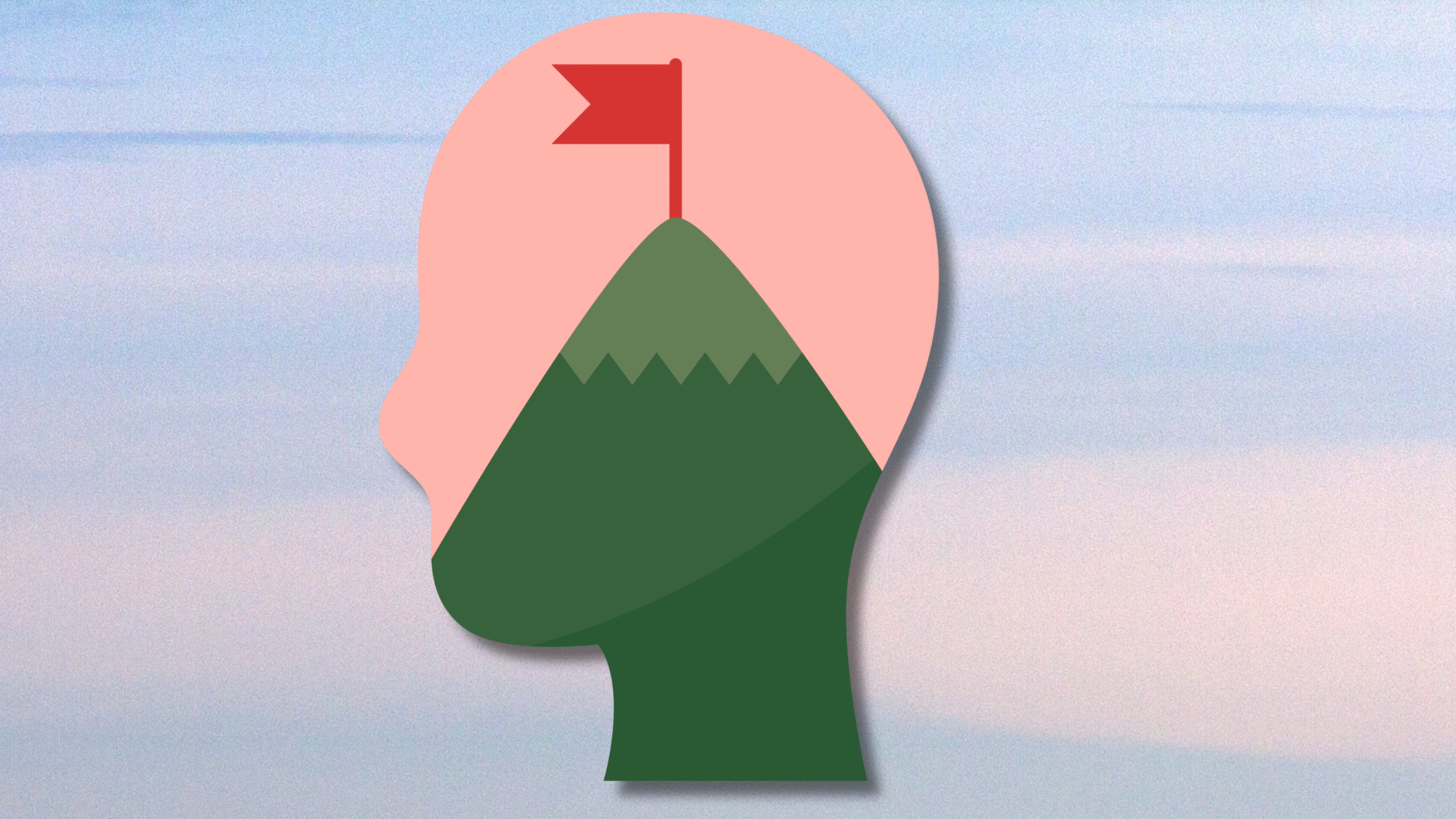
Self Empowerment
The process of finding and asserting one's own power and agency. This includes developing confidence, setting and achieving goals, and being able to make one's own decisions.

Accepting Change with Humor
The ability to adapt to new situations and challenges with a positive attitude and a sense of humor. This involves learning to laugh at oneself and not taking life too seriously.
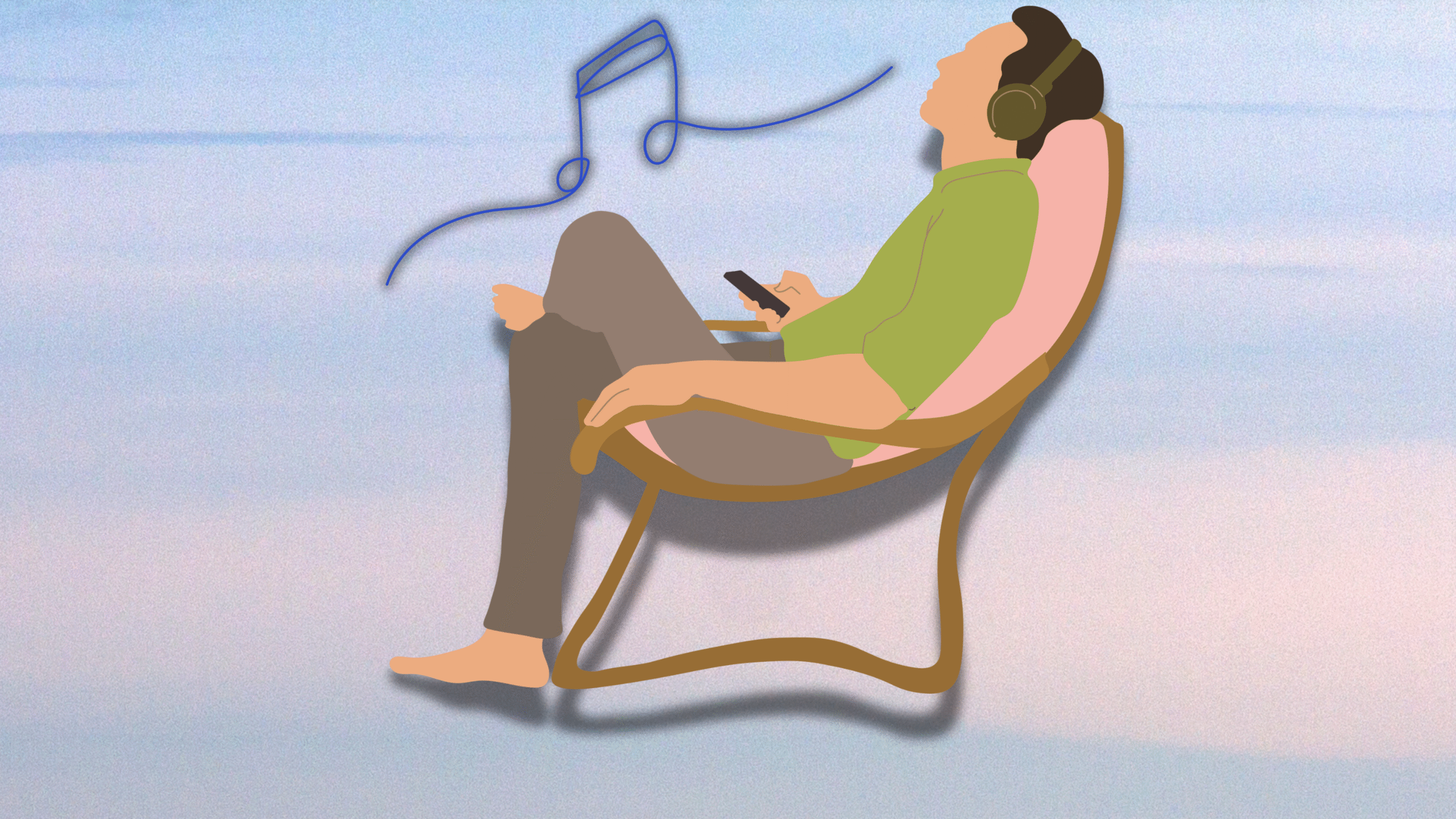
Music Therapy
A therapeutic approach that uses music to address physical, emotional, cognitive, and social needs. It can involve creating, singing, moving to, and/or listening to music.
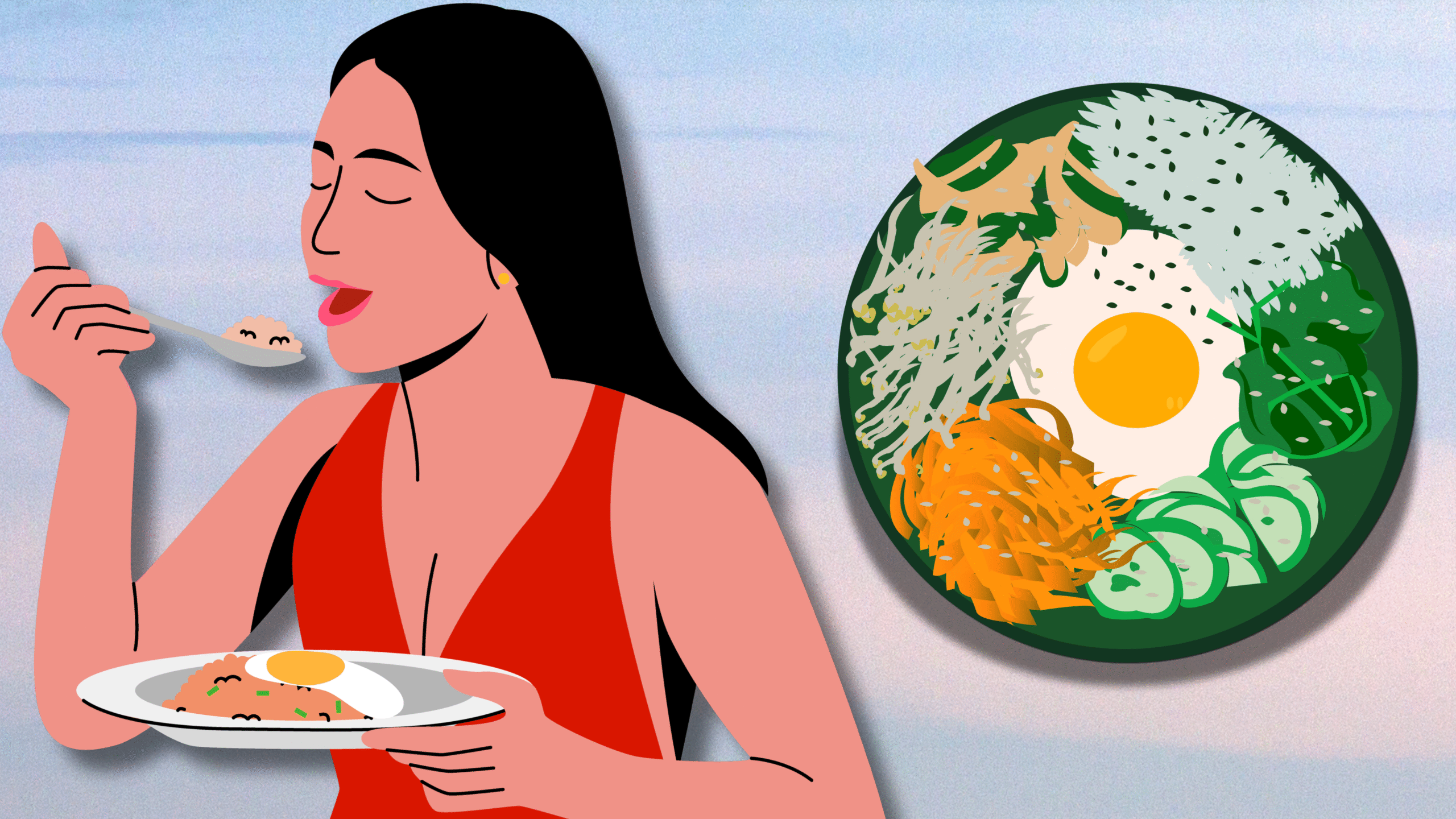
Food
In the context of slow living, food is about mindful eating, appreciating each bite, and choosing healthy, sustainable options.
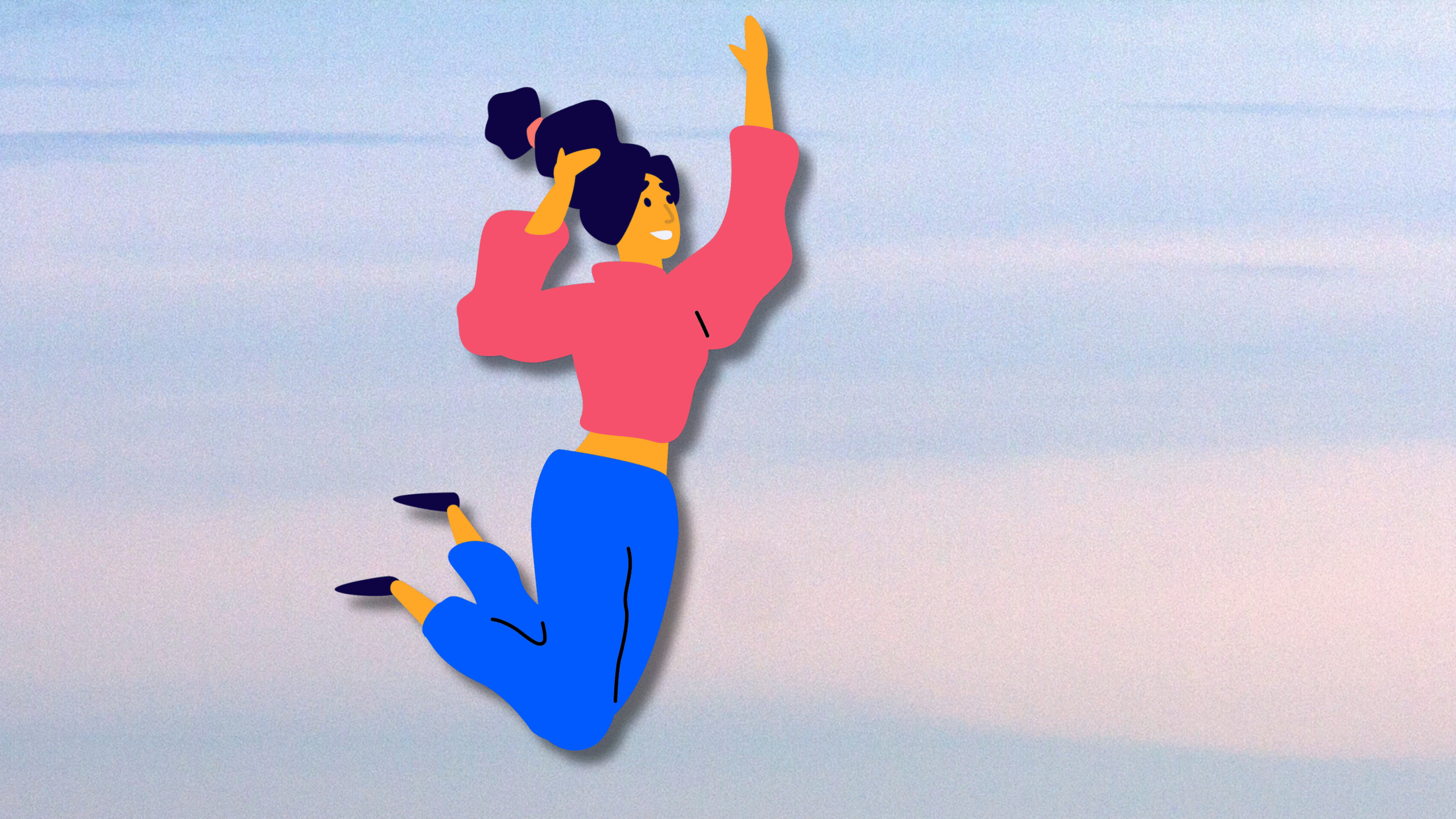
Workout
Physical activities designed to improve health and fitness. In slow living, workouts are not about pushing oneself to the limit, but about enjoying movement and listening to one's body.
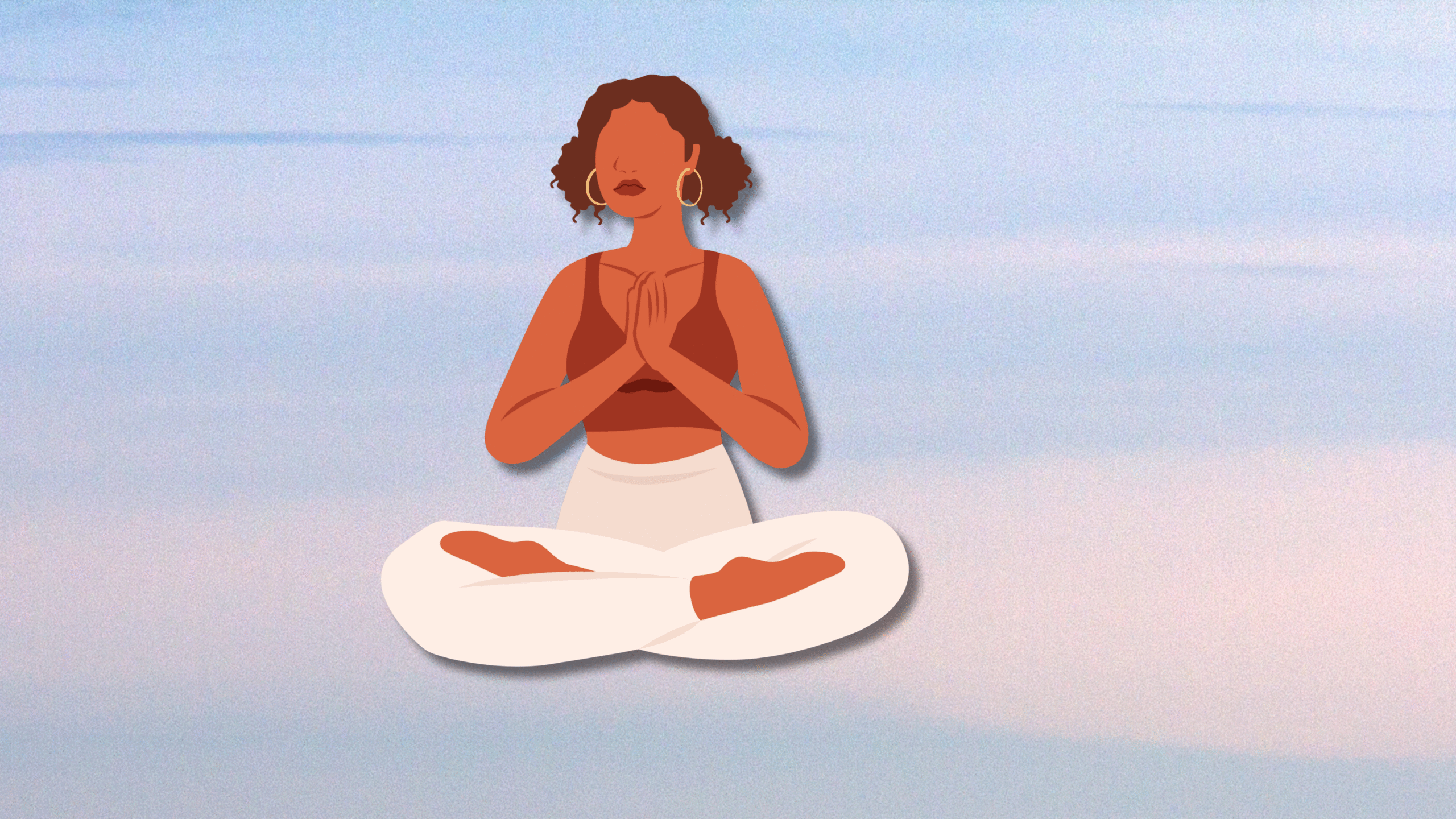
Self Care
Activities and practices that are undertaken to maintain and enhance one's health and wellbeing. This includes physical, mental, and emotional care.
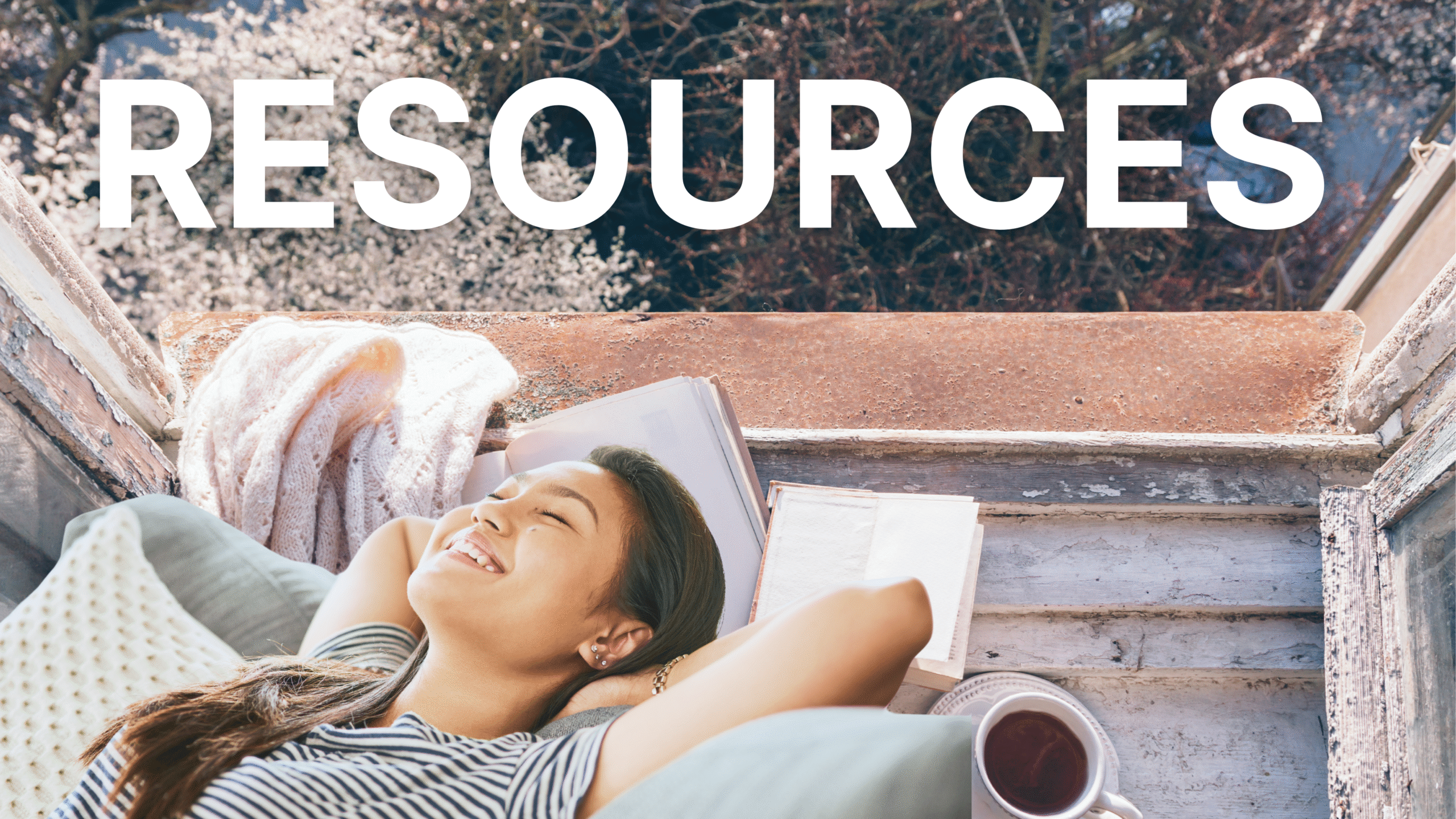
Discover books, mindful apps, and organizations that embody the spirit of slow living.
The Slow Down Diet
Eating for Pleasure, Energy, and Weight Loss by Marc David - This book explores the relationship between our eating habits and our mental well-being, advocating for a slower, more mindful approach to food that can help us reconnect with ourselves.
Headspace
A popular mindfulness app offering guided meditations and exercises that can help you cultivate a habit of slow living, reduce stress, and improve self-awareness.
The Art of Slow
Reading for Pleasure, Slowly by Thomas Clark - A book that promotes the idea of taking time to truly enjoy reading, as a means of slowing down and embracing the present moment.
Slow Food International
A global, grassroots organization dedicated to preventing the disappearance of local food cultures and traditions. Its website offers resources on slow food and its benefits, along with recipes and local event listings.
The Miracle of Mindfulness
An Introduction to the Practice of Meditation by Thich Nhat Hanh - This book explores mindfulness in everyday life and offers practical advice on how to incorporate meditation into your daily routine.
Insight Timer
A free app offering thousands of guided meditations on various topics, including self-love and acceptance, managing change, and slow living.
The Slow Fix
Solve Problems, Work Smarter, and Live Better in a World Addicted to Speed by Carl Honoré - This book explores the concept of slow living in various aspects of life, offering practical solutions for those looking to slow down and live more mindfully.
The Slow Movement
An online platform that promotes slow living and offers resources, articles, and a community for those interested in embracing a slower pace of life.
The Power of Now
A Guide to Spiritual Enlightenment by Eckhart Tolle - This book teaches readers how to live in the present moment, a key aspect of slow living.
MyFitnessPal
An app that encourages mindful eating by helping users track their food intake and exercise, promoting a healthier and more balanced lifestyle.

Slow living is a conscious choice to live with more presence and intention. In contrast to the fast-paced, always-on culture of modern life, slow living invites us to pause, reflect, and prioritize what truly matters. It’s not about doing everything slowly, but about doing things more deliberately. Core principles include simplicity, mindfulness, sustainability, and balance. Benefits range from reduced stress and anxiety to improved relationships, enhanced creativity, and greater overall wellbeing. When we shift our focus from speed to depth, we create space for richer experiences, meaningful connections, and a more fulfilling everyday life.
Self-empowerment is the process of taking full responsibility for your own life—your choices, your boundaries, and your growth. It is grounded in the belief that you are your own best advocate and that your inner voice deserves trust and attention. Practicing self-empowerment means learning to listen to your intuition, set meaningful goals, and honor your worth regardless of external validation. It allows for more resilient decision-making and builds a strong foundation of self-respect. Over time, self-empowerment transforms how we approach everything from career to relationships, turning self-doubt into inner confidence.
Change can be terrifying. But it can also be hilarious, awkward, and unexpectedly freeing. One of the most refreshing aspects of Life’s Ocean is how it uses humor as a tool for transformation. Nat doesn’t pretend to have it all figured out—she trips, stumbles, overthinks, and makes the kind of decisions that have you laughing in recognition. Humor becomes her life vest in turbulent waters. It keeps her afloat when emotions feel heavy. Through Nat’s eyes, we’re reminded that we don’t have to navigate change with stoic seriousness. We can dance with it, joke with it, and find levity even in the most chaotic shifts. Humor, in this sense, becomes an act of resilience—and an invitation to not take ourselves too seriously as we grow.
Self-love is not a spa day or a slogan—it’s a slow, deliberate return to wholeness. In Life’s Ocean, Nat’s journey to self-love isn’t polished or linear. It’s messy, often frustrating, and beautifully human. Through her struggles and reflections, we see that loving yourself means embracing your imperfections, forgiving your past, and showing up for yourself—especially when no one else is watching. It’s about listening to your needs, setting boundaries, and sometimes doing nothing just because you need rest. Nat’s story reminds us that self-love is a practice, not a destination. And as she softens into herself, we too are invited to drop the judgment and offer ourselves grace, compassion, and curiosity.
Music has a unique power to bypass our defenses and speak directly to the soul. In the book, Nat uses music as a grounding force—a way to regulate her emotions, reconnect to her body, and make sense of her experiences. Music therapy, in the context of slow living, isn’t formal or clinical. It’s intuitive. It’s the playlist that gets you moving on a hard day or the quiet piano instrumental that helps you sleep. For Nat, music becomes a companion in her healing—a way to process grief, celebrate joy, and feel less alone. Readers are encouraged to create their own musical rituals, discovering how sound can shift energy, set intention, and deepen connection with self.
Food isn’t just fuel—it’s memory, pleasure, nourishment, and connection. In Life’s Ocean, food becomes a central character in Nat’s journey toward slow living. Instead of rushing meals or numbing out with junk food, she begins to cook with intention, eat with awareness, and savor each bite. The book explores how mindful eating can awaken a deeper appreciation for the present moment. Nat doesn’t count calories or obsess over perfection—she listens to her body, follows her cravings, and honors the act of feeding herself well. It’s a gentle reminder that food can be both practical and poetic. And in slowing down to enjoy it, we feed more than our bodies—we nourish our lives.
Movement is a language. And in Life’s Ocean, Nat learns to speak it again—not through punishing fitness regimens, but through joyful, intuitive movement. Exercise in the slow living model isn’t about aesthetics or milestones—it’s about tuning in. Whether it’s a long walk, a playful dance, or a yoga flow, movement becomes a way for Nat to reconnect with her physical self. She learns to appreciate her body not for how it looks, but for how it feels and what it allows her to experience. This shift is subtle but powerful: working out becomes a form of self-respect, not self-correction. And in that shift, we’re invited to move from a place of love rather than lack.
Self-care is often marketed as luxury—but in Life’s Ocean, it’s presented as necessity. For Nat, self-care starts small: taking a real lunch break, journaling in silence, saying no without guilt. As she integrates slow living, self-care becomes her foundation, not her reward. It’s the steady hum beneath her days that helps her show up more fully—for herself and for others. The book illustrates how self-care isn’t selfish; it’s soul-preserving. It’s how we remember our own worth, fill our own cup, and create space for joy and rest. Readers walk away with a deeper understanding that self-care is not an indulgence—it’s a reclamation of time, energy, and self-trust.
Inspired by Nat’s journey, here are a few exercises to help you embody slow living in your own life:
Morning Music Reset: Start each morning with a song that reflects how you want to feel. Let it set the tone for your day.
One Mindful Meal: Eat one meal a day without distractions. Taste every bite. Reflect on how it feels to truly be present while eating.
Body-Listening Walks: Take a short walk without your phone. Let your body choose the pace. Observe what your senses notice.
Humor Journal: At the end of the day, write down the funniest or most ridiculous thing that happened. Keep a running list to remind yourself that laughter heals.
Self-Care Menu: Create a list of ten simple, nourishing activities you can choose from daily—one for each mood or need.
These practices aren’t about perfection. They’re about coming back home to yourself, one small choice at a time.
Slow living isn’t a trend—it’s a return to our natural rhythm. Through Life’s Ocean, we witness Nat’s transformation not because she escapes life, but because she finally chooses to live it. The fast-paced world will always be there, demanding more. But slow living asks, “What if less is more?” What if presence is power? What if rest is productive? As you close the book, the invitation is clear: this journey isn’t just Nat’s. It’s yours. You, too, can create space for joy, for healing, for breath. Whether you start by making tea slowly, laughing more often, or pausing in the middle of a busy day—you are already on your way. Welcome to the slow living life.
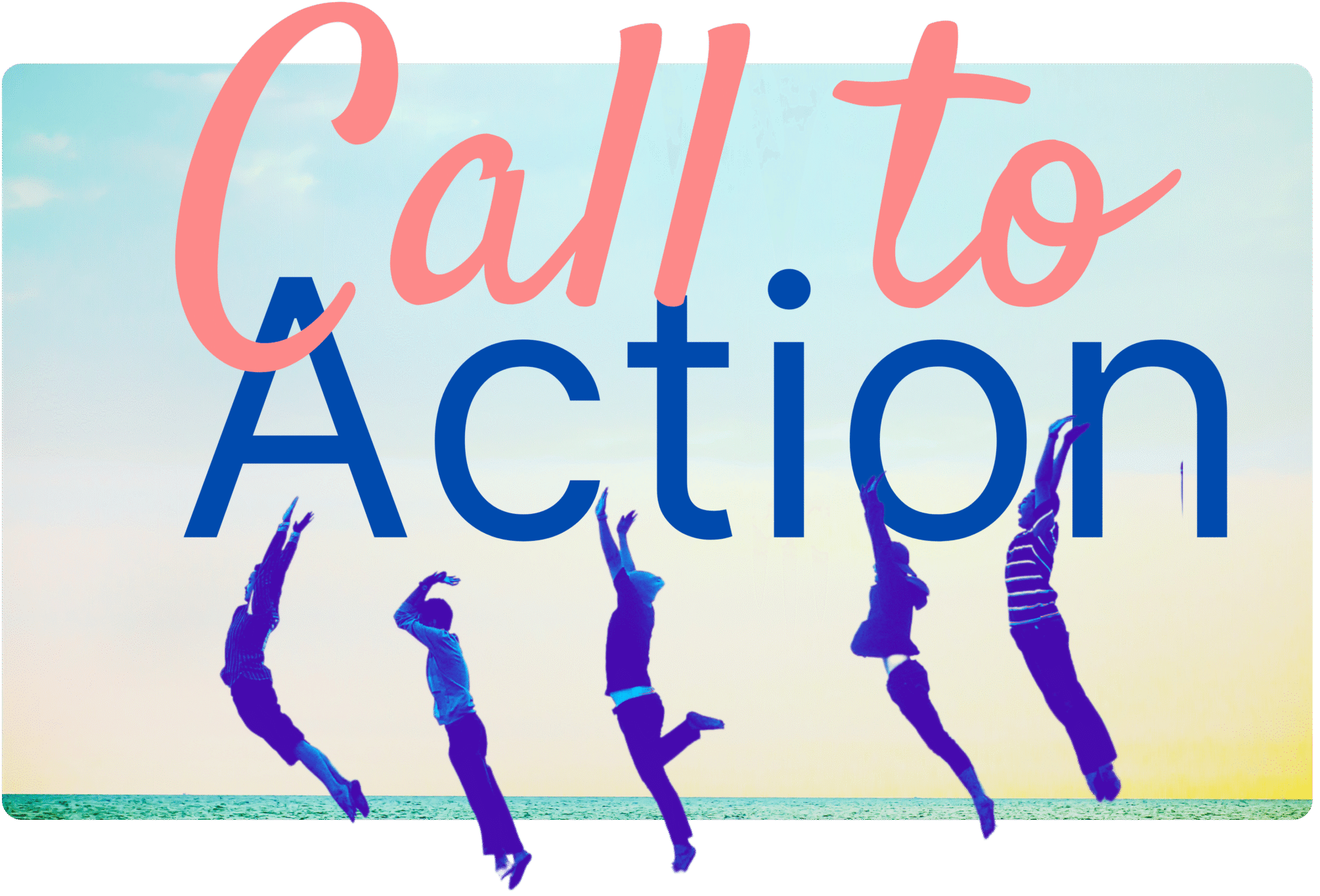
Dive into the heart of slow living.
Let Nat’s story guide you on your journey to self-love and acceptance. Grab your copy of the book today!

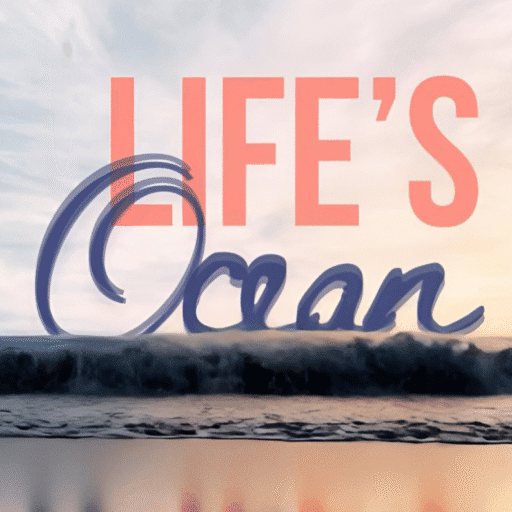
It is a cultural revolution against the notion that faster is always better. The Slow philosophy is not about doing everything at a snail's pace. It's about seeking to do everything at the right speed. Savoring the hours and minutes rather than just counting them. Doing everything as well as possible, instead of as fast as possible. It's about quality over quantity in everything from work to food to parenting.
Carl Honore an award-winning journalist, public speaker, and bestselling author of In Praise of Slowness.